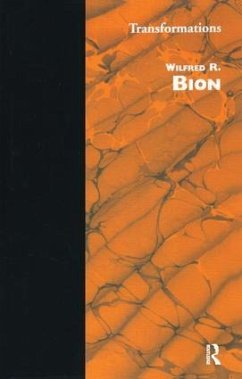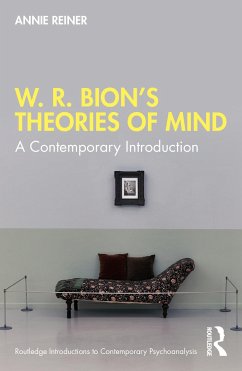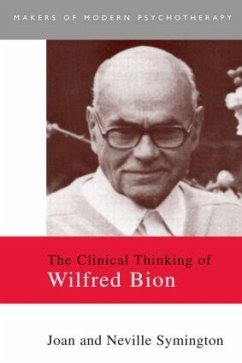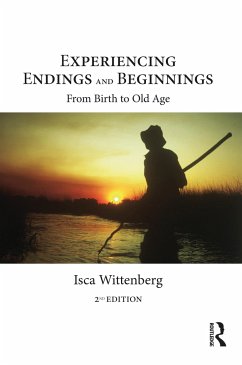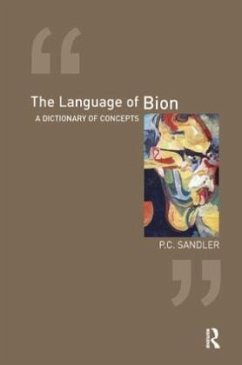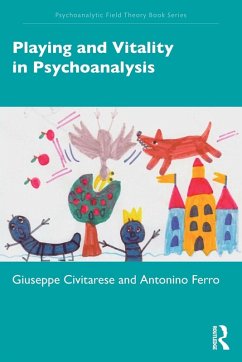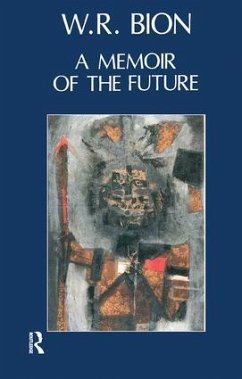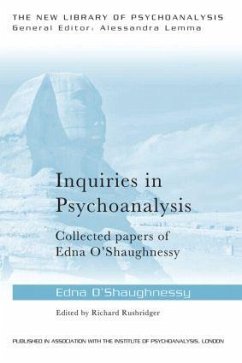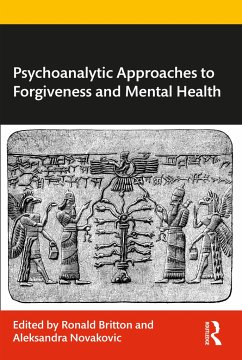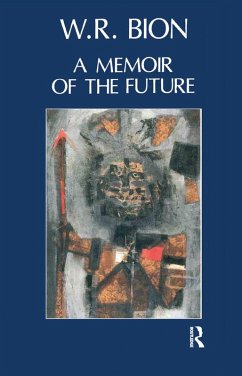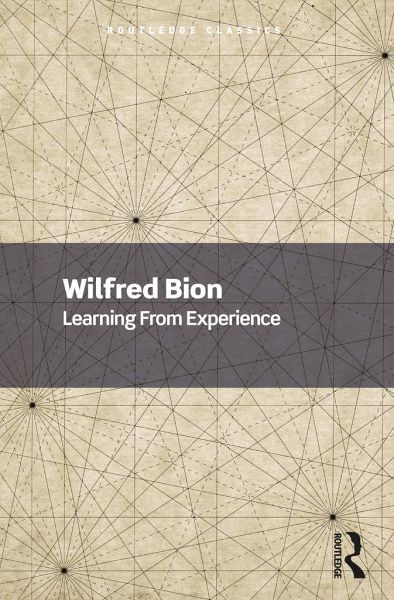
Learning From Experience
Versandkostenfrei!
Versandfertig in 6-10 Tagen
19,99 €
inkl. MwSt.
Weitere Ausgaben:

PAYBACK Punkte
10 °P sammeln!
Wilfred R. Bion was one of the foremost psychoanalysts of his generation, whose work has shaped and enriched psychoanalysis and psychotherapy indelibly. Renowned for some highly original and sometimes cryptic ideas, such as the alpha function and theory of the grid, Learning from Experience is arguably his most important and enduring work.Bion brings knowledge into the psychoanalytic spotlight. What forces, he asks, interfere with knowledge? Crucially, Bion doesn't mean knowing only facts, but the lifelong process of understanding and coming to know things that is a consequence of the developm...
Wilfred R. Bion was one of the foremost psychoanalysts of his generation, whose work has shaped and enriched psychoanalysis and psychotherapy indelibly. Renowned for some highly original and sometimes cryptic ideas, such as the alpha function and theory of the grid, Learning from Experience is arguably his most important and enduring work.
Bion brings knowledge into the psychoanalytic spotlight. What forces, he asks, interfere with knowledge? Crucially, Bion doesn't mean knowing only facts, but the lifelong process of understanding and coming to know things that is a consequence of the development of knowledge. However, Learning From Experience is perhaps best-known for its emphasis on the way emotion and knowledge are interwoven. Bion links the emotional capacity to develop and know to the capacity to tolerate frustration: if we can hold ourselves in check whilst we endure frustration, then we can come to know things.
A remarkable and brilliant work by a fascinating psychoanalyst and thinker, Learning From Experience continues to inspire psychoanalysis and psychotherapy.
This Routledge Classics edition includes a new Foreword by Robert Hinshelwood.
Bion brings knowledge into the psychoanalytic spotlight. What forces, he asks, interfere with knowledge? Crucially, Bion doesn't mean knowing only facts, but the lifelong process of understanding and coming to know things that is a consequence of the development of knowledge. However, Learning From Experience is perhaps best-known for its emphasis on the way emotion and knowledge are interwoven. Bion links the emotional capacity to develop and know to the capacity to tolerate frustration: if we can hold ourselves in check whilst we endure frustration, then we can come to know things.
A remarkable and brilliant work by a fascinating psychoanalyst and thinker, Learning From Experience continues to inspire psychoanalysis and psychotherapy.
This Routledge Classics edition includes a new Foreword by Robert Hinshelwood.





